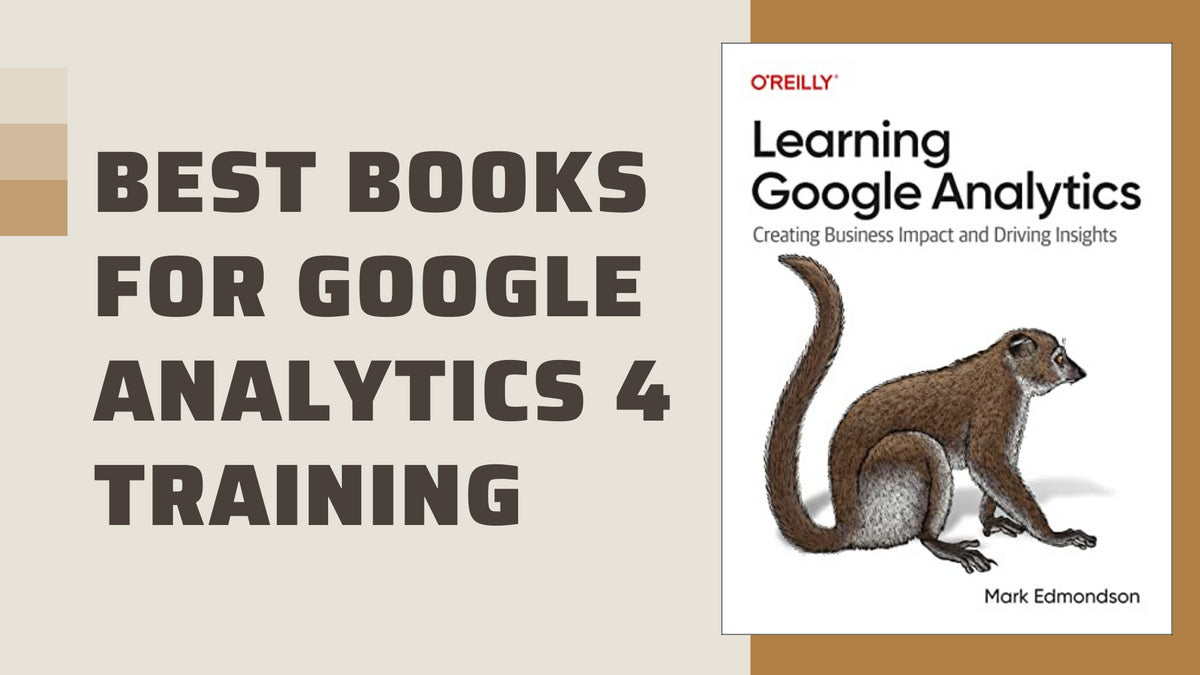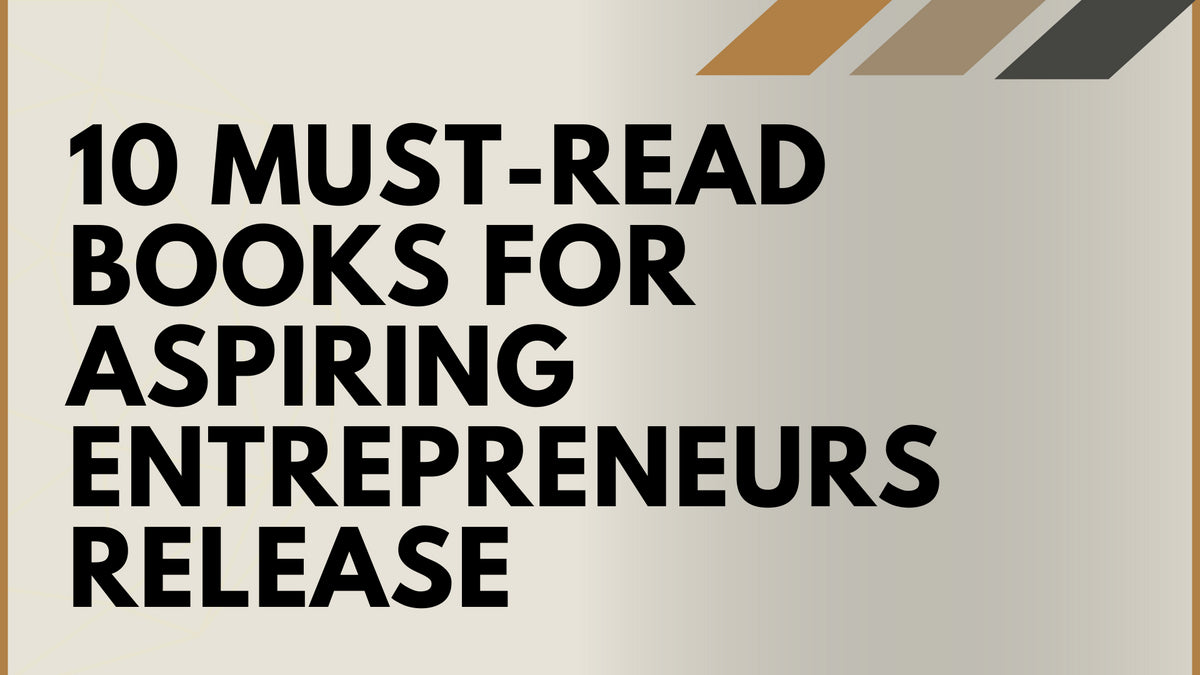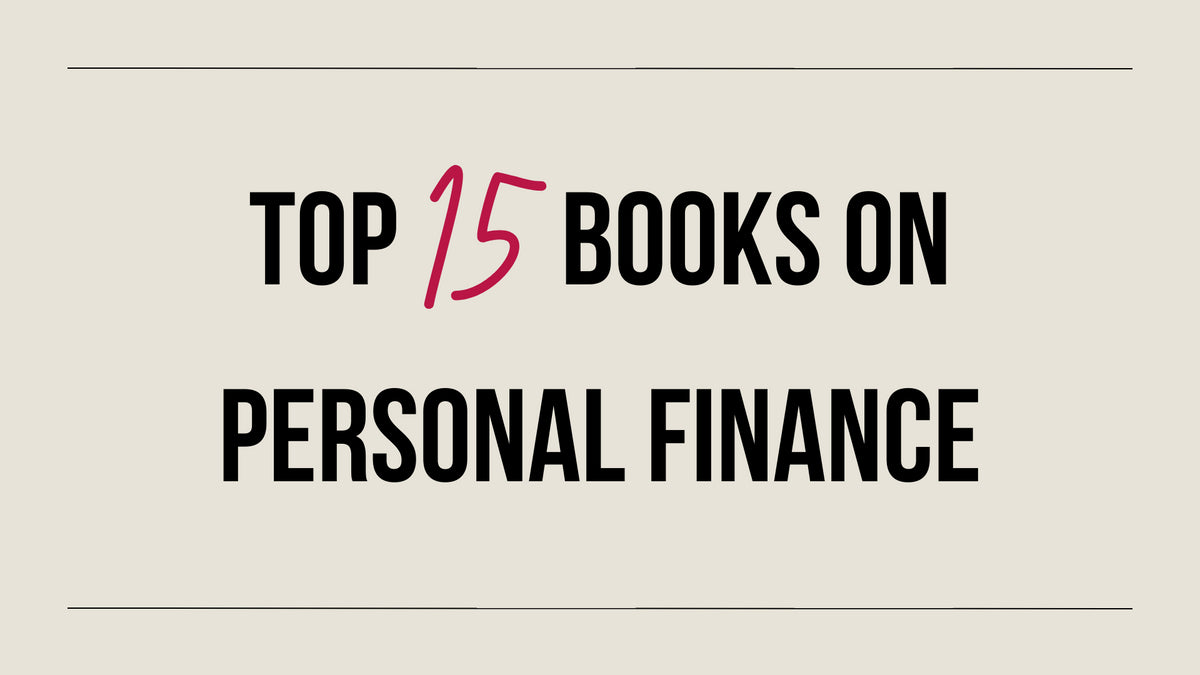Your Cart is Empty
Benjamin Franklin Biography Book Summary: An American Life
Listen To This Book
The Rise Of An American Icon
Tearing away the façade history has wrapped around the iconic Benjamin Franklin reveals a complicated man who had trouble maintaining good relationships with family members but skillfully used his knowledge and intellect to support democracy and the founding of a new Republic from a deep sense of social justice.
He valued differing opinions, the written word, the efforts of working people and scientific discovery, and it all came together in his role as a Founding Father. This is an in-depth story of how Benjamin Franklin came to be a national icon and Founding Father and the many influences that shaped a remarkable figure.
Learn Ben Franklin's Life Story
- History of Benjamin Franklin’s family and the historical backdrop that led to their arrival in colonial America
- Experiences and studies that influenced Franklin’s thought processes and behaviors as a child and young man
- Life’s path that led him to Philadelphia, PA as he pursued personal independence and success
- Stories of Franklin’s career and incredible work ethic, until retiring in his 40s
- Franklin’s many inventions
- His journey to becoming a statesman and diplomat after retiring
- How Franklin became involved in the colonies’ pursuit of independence from Great Britain, including his participation in drafting the Declaration of Independence in 1776 and other founding documents
- Franklin’s roles as a statesman in making America a reality
- The tumultuous relationships with immediate family members that do not seem to fit Franklin’s belief in virtues
- The philosophy of Franklin concerning the distrust of elites and royalty and the power of the middle class to make and keep America a success

Featured In This Review
Benjamin Franklin: An American Life
$15.99
Benjamin Franklin was an American legend who helped make America happen. This book chronicles his amazing life of business, invention, family, & politics.
SHOP NOWBenjamin Franklin Biography Book Summary
Author Walter Isaacson was brave to write Benjamin Franklin: An American Life because there are so many biographies concerning this man that had been published. Most Americans know the name Ben Franklin and know he is a founding father of a great nation. What they may not know is Franklin as a man with a wry sense of humor, an intellect that was hid behind his cultivated image of commonality and humbleness as a middle-class member and his pursuit of “industry and frugality.” He had an endless urge to learn, experiment and fight injustices. He was a free spirit in every sense of the word. Something Jack Ma would probably relate to in his book Alibaba.

In reading through the first few decades of his life, it becomes clear that Benjamin Franklin was not born to lead, per se. It was his endless quest for knowledge that molded the man in preparation for what was to come. For example, his adoption as a young man of the Socrates method of argument through gentle questioning evokes images of the older man who would later participate in the discourse that led to the forming of a new nation. Similar to Home Depot Co-Founder Ken Langone’s urge to learn and work hard, as he discusses in his book I Love Capitalism!
Benjamin Franklin was a prolific writer over the years, and he had no issue with abandoning and then reshaping personal ideas and philosophies after reading a variety of books on religion, politics and industry.

Reading the Franklin life story as written by Isaacson produces some fascinating revelations about the man. Franklin was a picture of contrasts. He had a remarkable knack for coming across as just an ordinary person. However, he had an enormous ego, could be manipulative (think: Socratic method of controlling discourse) and neglected his wife and son. Another book about a great business mind in Ready Fire Aim about building big businesses that run on their own.
On the other hand, he was an inventor, a visionary thinker and a passionate defender of justice. It is not generally known, but Benjamin Franklin wanted to abolish slavery, putting forth a petition in 1790 which is the year he died. After retiring in his early forties, he spent the next 40 years as a diplomat, scientist and statesman.
Want to buy a book review like this?
Click here to learn how to get your book reviewed!
Isaacson did well by providing so much detail about Benjamin Franklin’s early years. Once you understand Franklin’s love of writing, learning, conversing and inventing, it is easy to see how Franklin became one of the leading figures during the effort to create the United States. Everything he learned the first 40 years of his life was applied in the last 40 plus years. Scott Belsky is similar in all these ways. He founded Behance which sold to Adobe and tells his amazing story in The Messy Middle.

He was the only person who contributed to all the founding documents of the new country, from the treaty of alliance with France to the Constitution of the United States of America. He became the archetype for the American – free spirited, unwilling to be dominated, rejecting of royalty and trusting of the middle class. In the working class, Franklin saw a hearty spirit, positive values, strong work ethic and a sense that these are the people who can build a great country. This support, belief and encouragement is a major part of leadership discussed in the book Leading. It is also to Isaacson’s credit that he can convey the humanness of Benjamin Franklin in his relationships with people, including his family.
The problem with icons is that they are often reduced to images of near perfection, making it easy to forget they loved, learned, made mistakes, struggled and experienced failures and successes. Though the author’s explanations devolve every now and then into justifications of the times Franklin acted poorly, he quickly recovers and gets back on track with the facts.

Many myths are dispelled in this book – historical myths and myths about Franklin. The book also turns an American icon into a human being with faults, brilliance, humor, emotions and a remarkable self-awareness that gives readers clear insights into his motivations and decisions. There is a lot of detail in this book, and the details are supported with a plethora of extensive footnotes, supporting sources and full chronology. Mr. Franklin is an outlier and to learn more about what that means and what is means to the word success, read the book Outliers.
Above all, this is a story that has clear relevance in today’s setting. Benjamin Franklin knew it would be difficult to maintain a Republic. He was truly a visionary who understood the enormous advantages and perils the country would face. What may surprise and please him is that over 245 years later, the great experiment of the United States of America continues to thrive. Another book that may be of interest about a great leader in history is Wooden On Leadership.
About the Author Walter Isaacson
Walter Isaacson was born in New Orleans in 1952. He graduated from Harvard University in 1974 with a major in history and literature. Later, Isaacson attended the University of Oxford as a Rhodes scholar at Pembroke College. There, he studied Philosophy, Politics, and Economics and graduated with First-Class Honors.
Isaacson’s started his career in journalism with a position at The Sunday Times of London. That was followed by a job at the New Orleans’s Times-Picayune, and in 1978, a position at Time magazine. At Time, he served as a political correspondent, national editor, and editor of new media.
His first publication was as co-author of “The Wise Men: Six Friends and the World They Made” (1986), followed by a steady series of book publications that continue to this day. In 1996, Isaacson became Time magazine’s 14th editor. In 2001, he became the chairman and CEO of CNN. In 2003, Isaacson resigned at CNN to became president and CEO of the Aspen Institute, resigning from there in 2017 to become a professor of history at Tulane University and an advisory partner at Perella Weinberg Partners, a New York City financial services firm.
Walter Isaacson has been appointed to several government advisory groups, sharing historical, leadership and financial expertise. In 2005, Louisiana Governor Kathleen Blanco appointed him as Vice Chairman of the Louisiana Recovery Authority that was overseeing Hurricane Katrina recover. In 2007, President George W. Business appointed him as Chairman of the U.S.-Palestinian Partnership. In 2008, Isaacson served as Co-Chair of the U.S. Vietnamese Dialogue on Agent Orange. President Barack Obama appointed him in 2009 to the position of Chairman of the Broadcasting Board of Governors which he filled until 2012.
Staying fully involved, Isaacson continued holding numerous positions in 2012 on Board of Directors, including at Tulane University and the Carnegie Institute of Science. In 2014, he was appointed as the Co-chair of the New Orleans Tricentennial commission by New Orleans Mayor Mitch Landrieu. He joined the board of My Brother’s Keeper Alliance in 2015 and the New Orleans City Planning Commission in 2016.
Walter Isaacson has earned many awards over the years. In 2012, Time magazine selected him for inclusion on the Time 100 influential people list. He was awarded the 2013 Benjamin Franklin Medal; selected for the Jefferson Lecture in 2014 by the National Endowment for the Humanities; and received The Nichols-Chancellor’s Medal at Vanderbilt University in 2015. Some of his books have made it to the New York Times Best Seller list. Isaacson is also a member of the American Academy of Arts and Sciences, the Royal Society of the Arts and the American Philosophical Society and serves on the boards of several government agencies and private businesses.
Walter Isaacson has written numerous biographies of influential people. In addition to Benjamin Franklin: An American Life (2003), they include:
- Kissinger: A Biography (1992),
- Einstein: His Life and Universe (2007),
- American Sketches: Great Leaders, Creative Thinkers and Heroes of a Hurricane (2009),
- Steve Jobs The Exclusive Biography (2011),
- Leonardo da Vinci(2017),
- The Code Breaker: Jennifer Doudna, Gene Editing, and the Future of the Human Race (2021),
Simon and Schuster offers a listing of the Isaacson’s books the company has published.
You can keep up with Walter Isaacson’s thoughts and works by joining his Twitter and Facebook accounts. He also collaborates on a podcast with Dell Technologies called Trailblazers.
Want to buy a book review like this?
Click here to learn how to get your book reviewed!
Leave a comment
Comments will be approved before showing up.
Also in Books

The Best Books for Google Analytics 4 (GA4) Training
Unlock the secrets of Google Analytics 4 with our curated list of the best GA4 training books for 2023! Dive deep into actionable insights, master advanced techniques, and lead the digital analytics revolution. Don't get left behind; discover the ultimate resources to dominate GA4. Click now to elevate your skills!
Read More
10 Must-Read Books for Aspiring Entrepreneurs
Do you dream of starting your own business? If so, you need to read this article! We've compiled a list of 10 must-read books for aspiring entrepreneurs. These books will provide you with the knowledge and inspiration you need to turn your dream into a reality. Click here to read the article and learn more!
Read More
Top 15 Books on Personal Finance
Are you looking for a safe and informative place to learn about personal finance? If so, you've come to the right place! This article discusses the top 15 personal finance books on the market, all of which are sure to help you improve your financial situation without any explicit sexual descriptions or that is sexually suggestive in nature or is primarily intended to cause arousal.
Read More